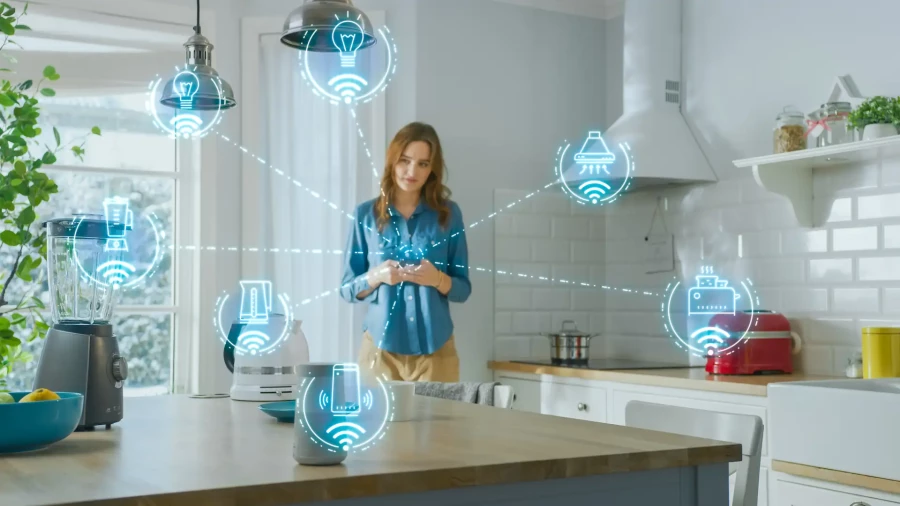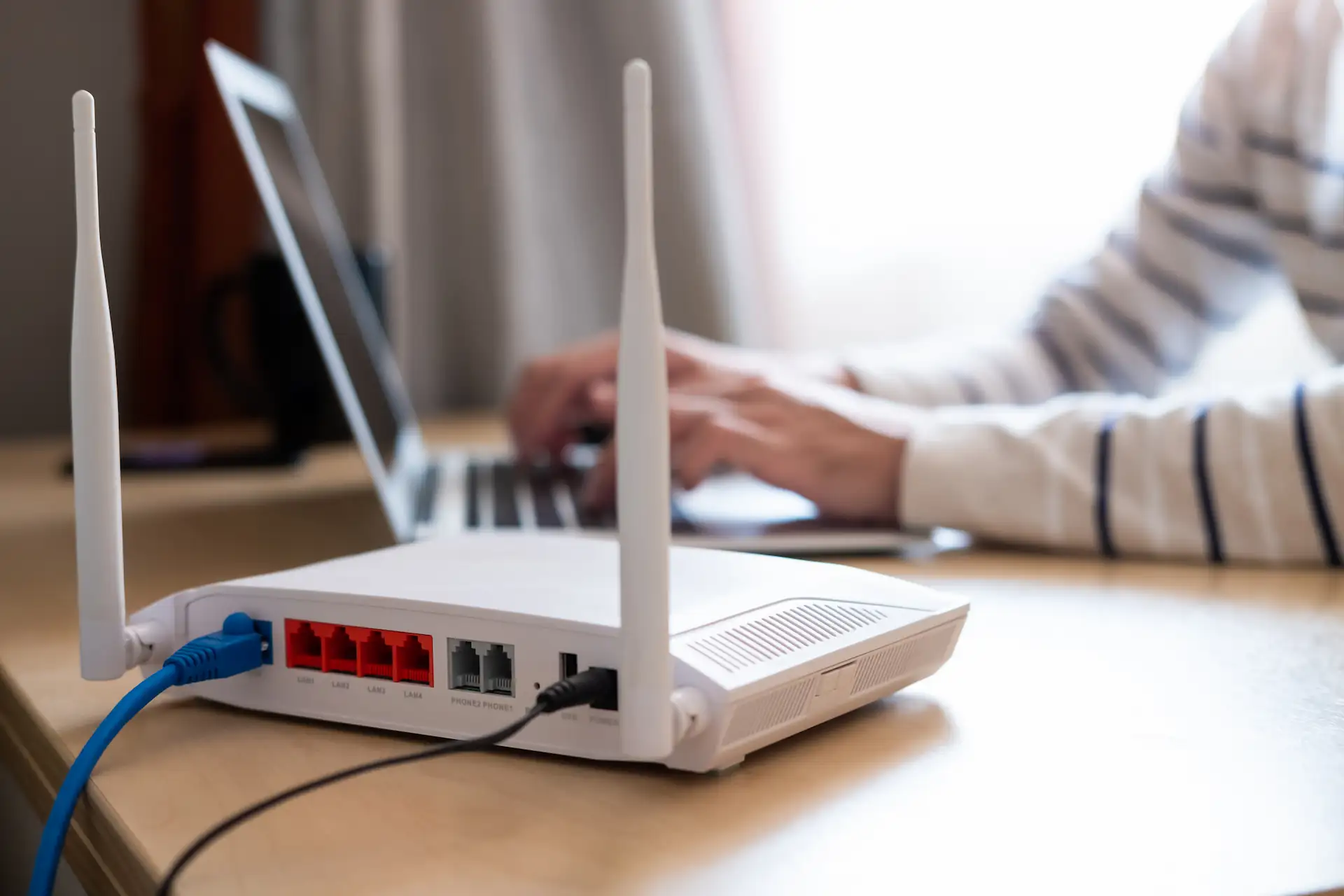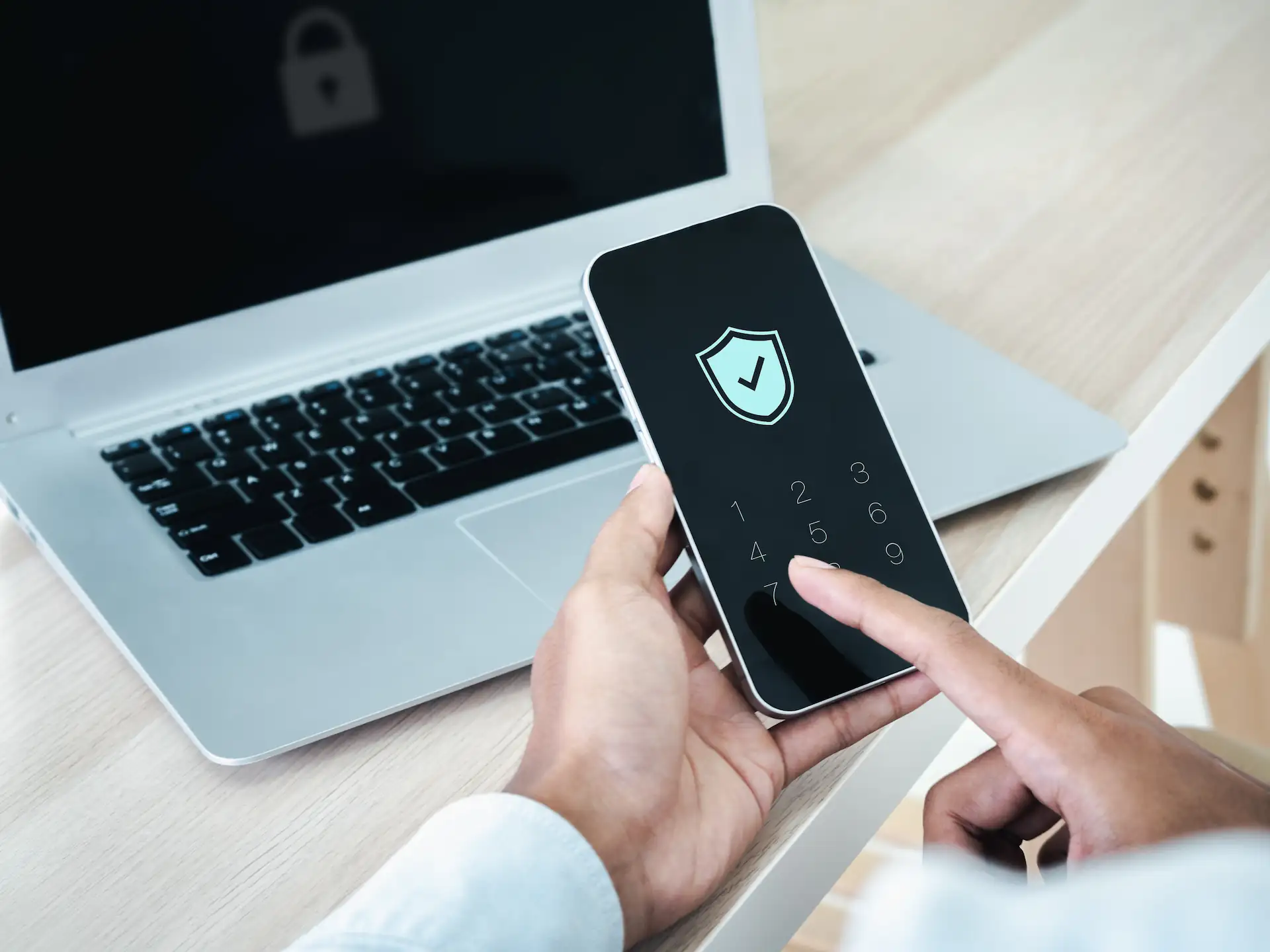
Internet of Things: Securing IoT Devices for Your Home
The Internet of Things, or IoT, refers to the network of physical devices that can connect and exchange data across the Internet. From smart thermostats that can schedule the temperature of our homes to smart speakers that can play our favorite songs on command, IoT devices add considerable comfort and convenience to our daily lives. However, all of these devices also store personal data about you and your family. To prevent this information from falling into the wrong hands, these devices need to be protected from access by hackers and other malicious parties. Let’s go over some steps for securing IoT devices, so you can enjoy all their conveniences without worrying about your data.
Secure Your Home Network
Securing IoT devices is not possible without first securing your home network. There are a few basic precautions you can take here to deter possible breaches in security.
First, change the name and password of the router. Most routers come with a default network name and password. The default name often references router manufacturers which provides insight about how to possibly breach it. When changing the password, employ password security best practices. For example, don’t use the same password as a different account or include personal details like pet names that can be researched and discovered by hackers.

Next, when setting up your router, make sure you use the highest level of encryption available for your Wi-Fi network. WPA3 is currently the highest standard of encryption available, with WPA2 being its predecessor. If your router does not support one of these standards and uses WPA or WEP instead, it’s time for an upgrade. The router is the primary target for IoT attackers, so a more secure router translates into a more secure home.
Finally, utilize isolated networks. When you have visitors who need to access your Wi-Fi, use a guest network. This will allow them to access the internet, but does not give them access to your main network or the data stored on the network’s devices. If one of your guests has a compromised device, it will be restricted to the isolated guest network and cannot access anything else. For your own IoT devices, consider creating an additional isolated network for them. Many newer routers have this capability. Housing a device on an isolated network prevents an attacker from accessing the rest of your devices if it gets compromised.
Safely Access IoT Devices When Outside Your Home
Even if your home network is secure, it’s just as important to take proper security steps outside the home.
Avoid using public Wi-Fi when accessing your IoT devices from outside your residence. Public networks found in coffee shops and hotels are not very secure and can be very easy to break into. If you regularly need to access your devices from places like these, consider using a secure virtual private network (VPN). A VPN gives you a secured private connection to the internet, even over public Wi-Fi. This stops anyone trying to eavesdrop on your communications and potentially gain access to your devices.
If available for your accounts, take advantage of multi-factor authentication (MFA). MFA sends you a code via text, email, or app when you log in to confirm it’s actually you trying to access the account. This provides an additional level of security to your login and is a great way to secure your IoT accounts against potential attackers.

Last but not least, keep your devices up-to-date. It may be inconvenient to be without service for a few minutes, but complete updates as soon as possible. Device updates can contain important security patches and the added security is worth it.
As of May 2023, the world contains an estimated 16.7 billion IoT devices. Even though this creates a huge market for hackers trying to compromise user data, there is relatively little regulation around IoT security. This means the responsibility for securing IoT devices for your home ultimately falls to you. By taking steps to ensure the security of your devices and the data they store, you can focus on enjoying their incredible conveniences instead of dealing with hacker-related hassles.

